 |
 |
 |
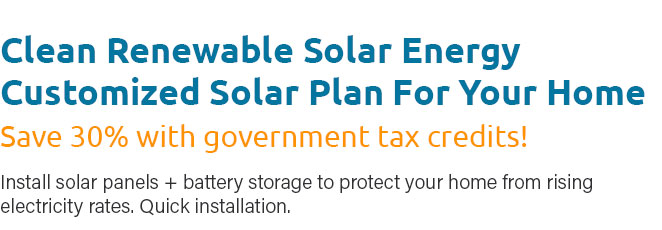 |
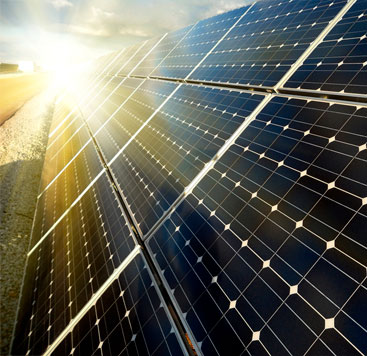 |
 |
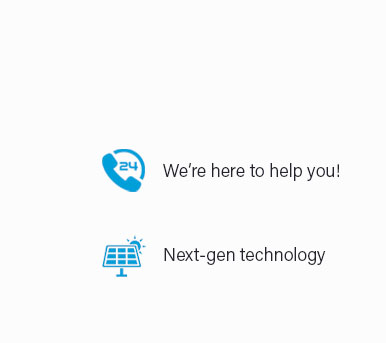 |
 |
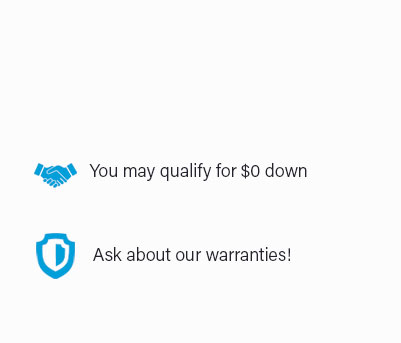 |
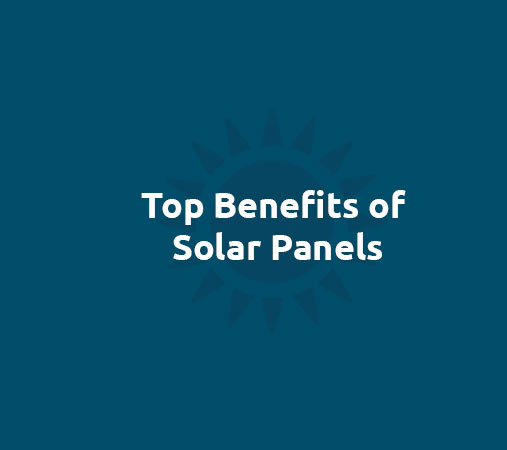 |
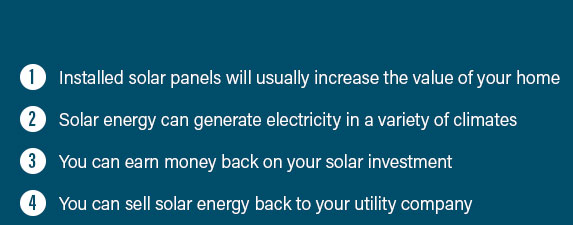 |
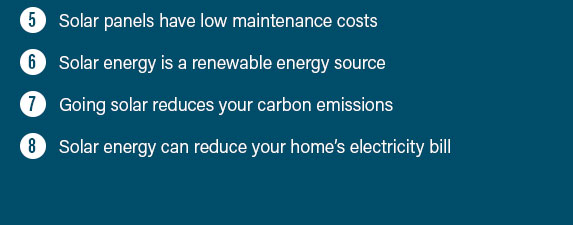 |
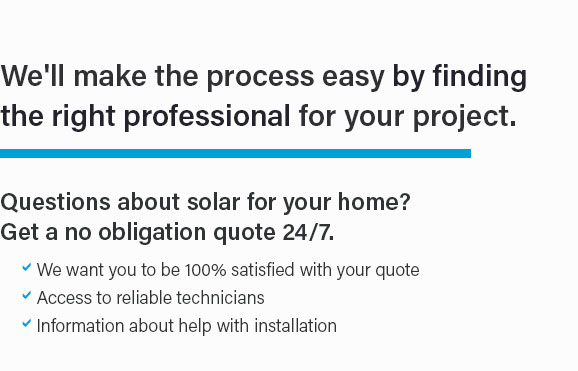 |
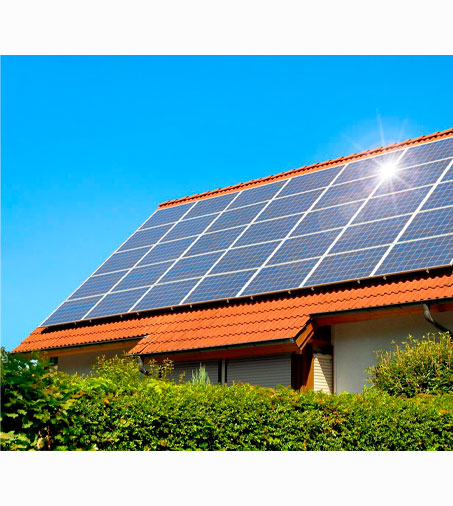 |
|
 |
 |
 |
|
Unlock the future of energy with our no-obligation solar panels installation quote, where we demystify the pros and cons of solar panels for homes, empowering you to make an informed decision; harness the limitless power of the sun to slash electricity bills, increase property value, and embrace sustainability, all while acknowledging initial costs and the necessity of roof suitability-embrace the change with confidence, because investing in solar is investing in a brighter tomorrow.
https://www.constellation.com/energy-101/energy-innovation/solar-energy-pros-and-cons.html
Solar energy systems can generate electricity in any climate. One of the disadvantages of solar energy is that it's subject to temporary weather disruption. https://www.reddit.com/r/ZeroWaste/comments/ute2ei/who_here_has_solar_panels_what_are_your_pros_and/
With solar panels, you have no battery when you lease. Which means you are only generating power for the power company, and paying them to do so ... https://www.quora.com/What-are-the-pros-and-cons-of-installing-household-solar-energy
The pros are that you can save your Home solar panels from the sun and sell them back to your supplier, who will pay you for them. The cons are ...
|